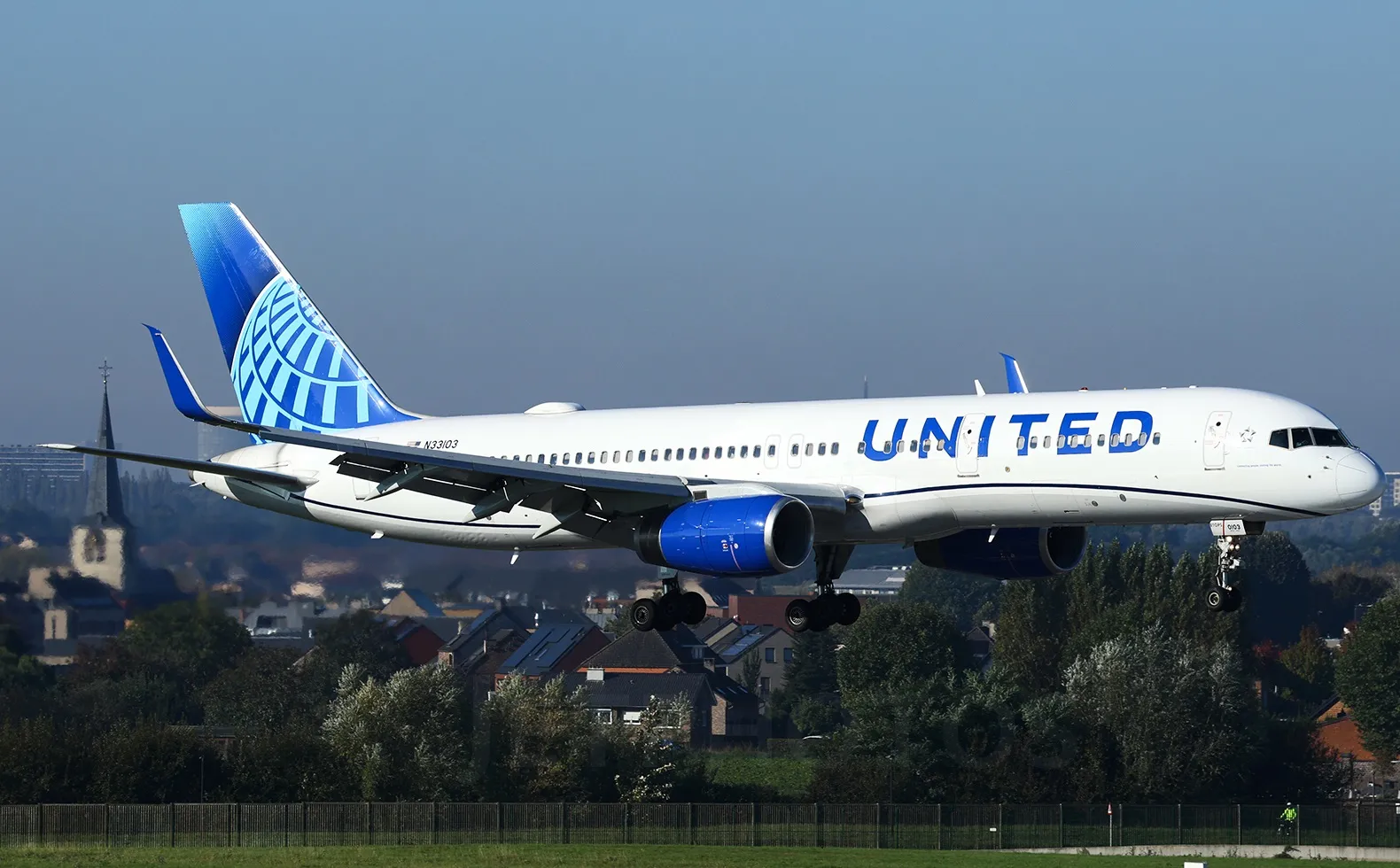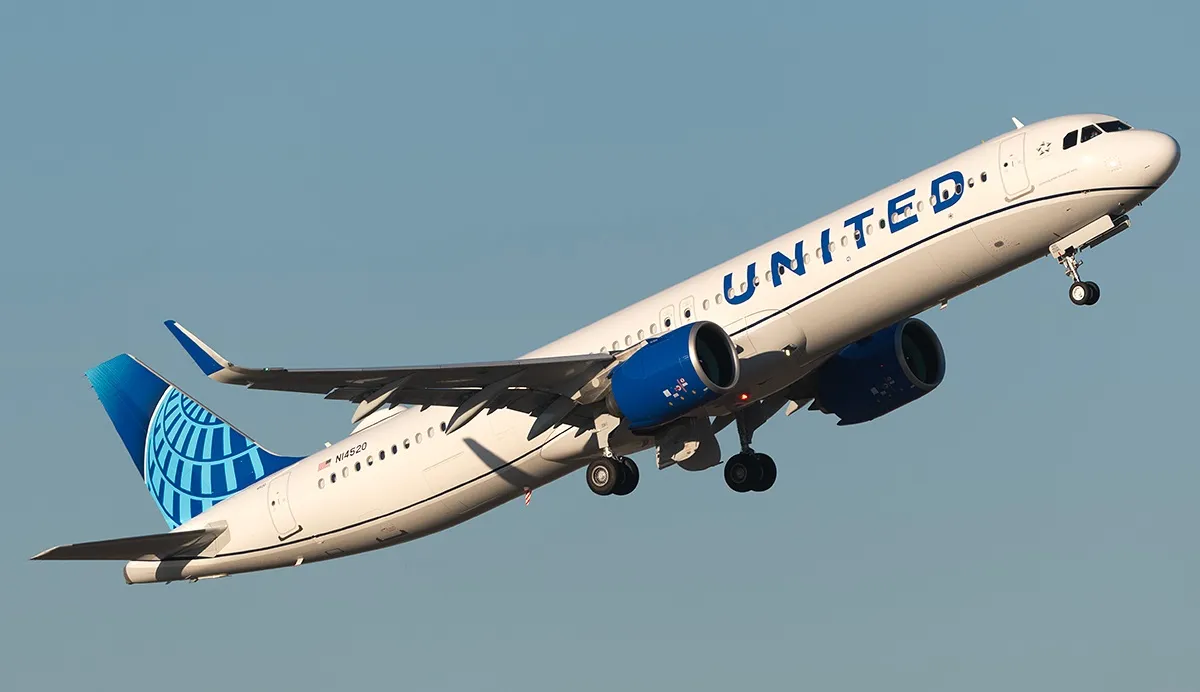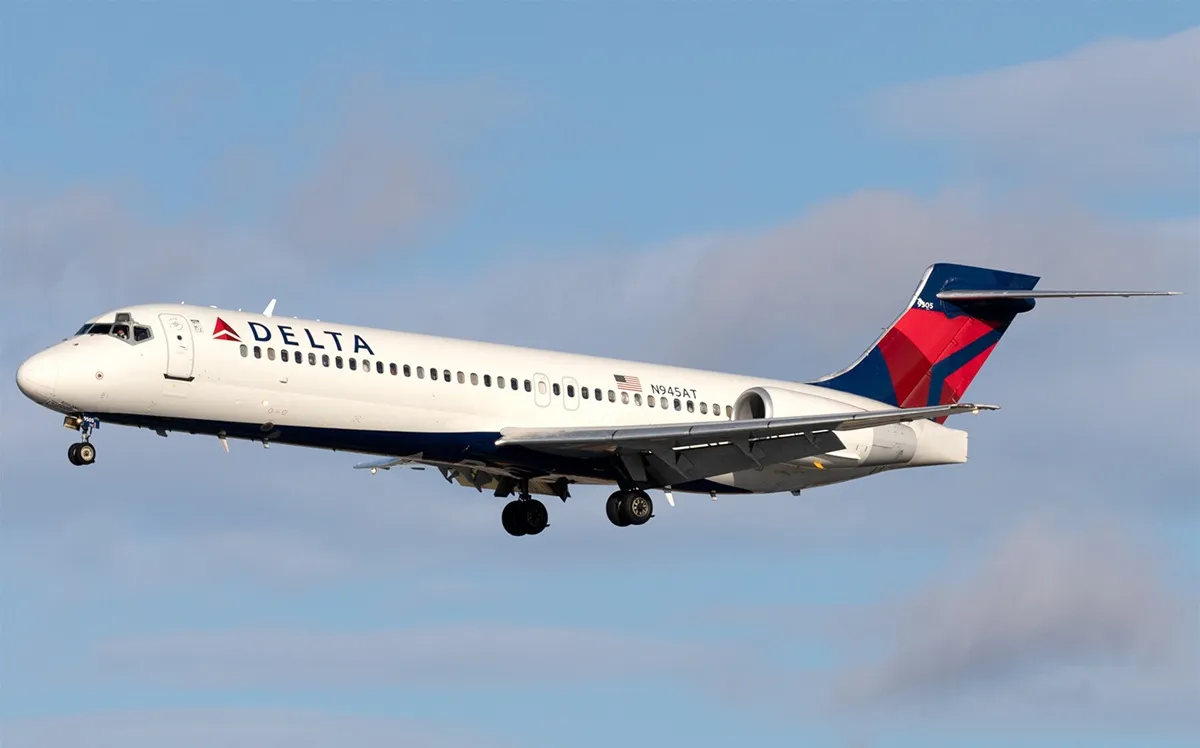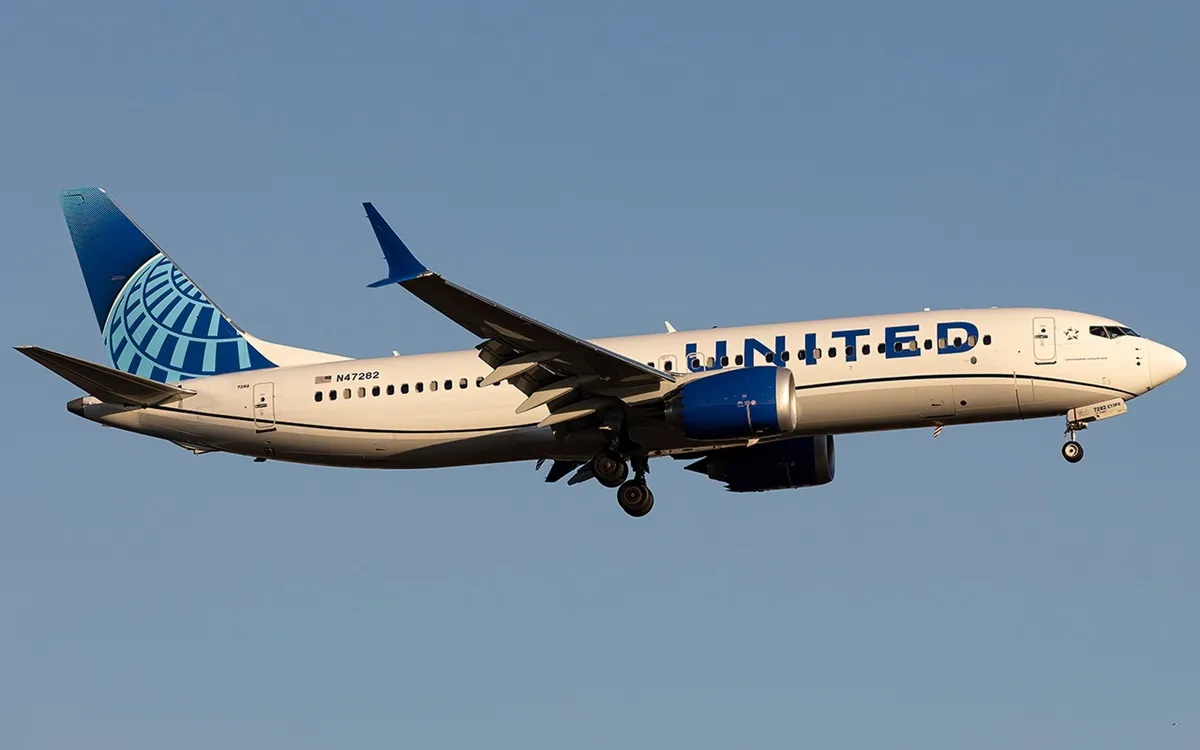
At the Airbus Summit 2025 in Toulouse this week, Airbus CEO Guillaume Faury noted that tariffs threatened by US President Donald Trump would primarily impact US consumers and businesses rather than those in Europe or elsewhere.
Speaking on Monday, Faury noted that with the current uncertainty over the application of said tariffs – including their specific details, affected sectors, and overall scope – the impact it will have on Airbus and Europe as a whole remains unclear.
Trump had previously warned that he would impose 25% tariffs on all European goods.
Another wave of tariffs is expected to be announced by Trump at the start of April, though it’s unclear whether Europe will be included just yet.
Tariff uncertainty
Responding to media questions on Monday evening, the Airbus CEO said they would have to “wait and see what tariffs, when stabilized, will really look like.”
He added that there are questions about both the nature and the scale of the tariffs and, particularly, their range in the aviation industry.
“The jury's out for us to understand what we will be up against. We believe that the aerospace industry is an industry without tariffs. We believe that that has contributed, and everybody has contributed, to this industry growing, and, by the way, supporting other industries. We are a neighbor of economic exchanges."
However, with the threat of tariffs looming, Airbus has been looking at potential scenarios with the little information it has.
“We’ve looked at plenty of scenarios of what could potentially happen. In most of the cases, it's very damaging to the US industry. So that's why we think we don't know. We tend to believe it's not very likely that there will be tariffs on aviation. We've seen what has happened with the car industry in the US tariffing Mexico, this has been lifted very quickly, because the damages to the US car industry would have been massive. We are in an industry where imposing tariffs would be very, very damaging, or let's say probably more damaging to the US at first glance - or the tariffs have to be very sophisticated.”
Avoiding a tariff domino effect
Faury also highlighted the importance of the rest of the world staying “cool” in the face of US tariffs. “I think it's really important that in the rest of the world that is not speaking about tariffs,” he remarked. He wants to avoid increasing “the likelihood of tariffs beyond the US.” Faury continued:
“We don't know what the response would look like, and therefore, for the moment, we are more in the wait and see [phase]. I think the learnings from the tariffs we had four to five years ago between the US and the EU on planes, was that it was so bad for everybody that it came to a ceasefire and the parties decided to just cancel the tariffs for five years, and that's where we are.”
The CEO of Airbus’ Commercial Aircraft division, Christian Scherer, shared Faury's sentiment of uncertainty.
“I think it's fair to say that it's much too early to talk about a Trump effect on aviation if you're referring to tariffs. We need to understand what the tariffs are before we can draw conclusions: whether it's for us, for our suppliers, for whom we would be worried about, or for our competitors. You've seen the tariffs that were announced change. Often very, very quickly.”
“The next big rendezvous point will be April, when presumably some degree of new tariffs, or absence thereof will be announced. So it's a little bit early to talk about Trump effect. What I would say, however, is that it's pretty obvious that tariffs in the aerospace industry would increase price pressure, cost pressure, and therefore have potentially a not-so-good-an impact for the whole ecosystem, not for one more than the other.”



